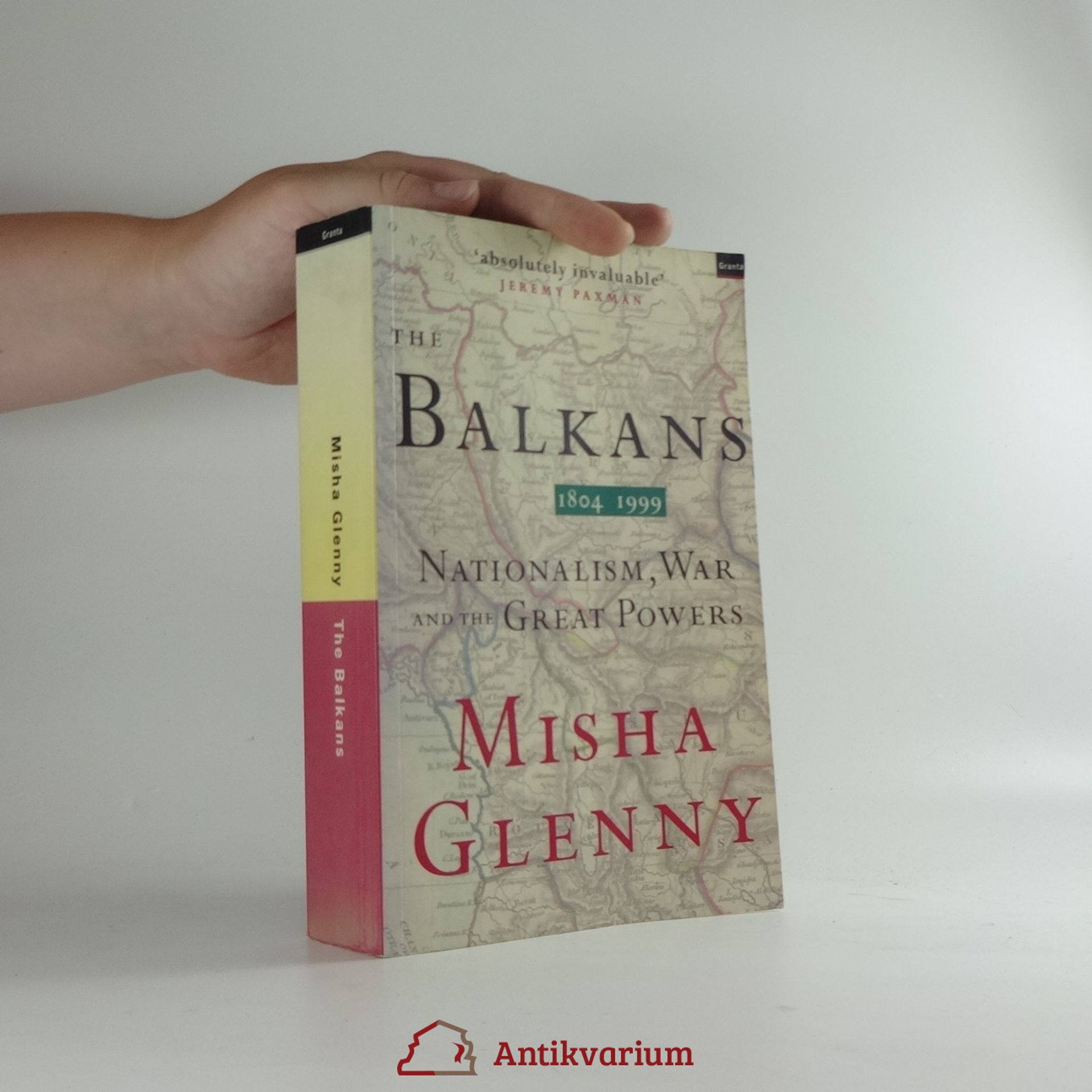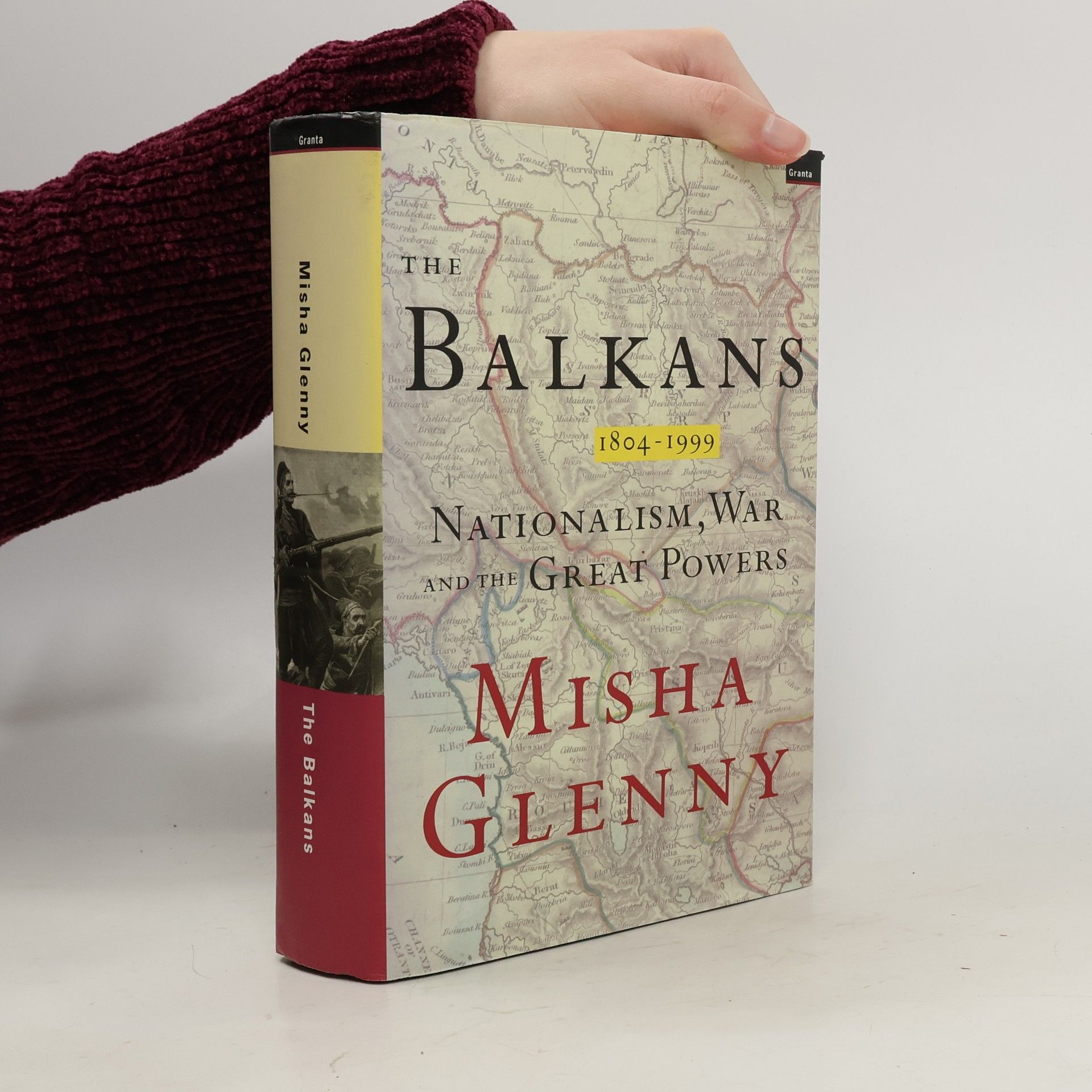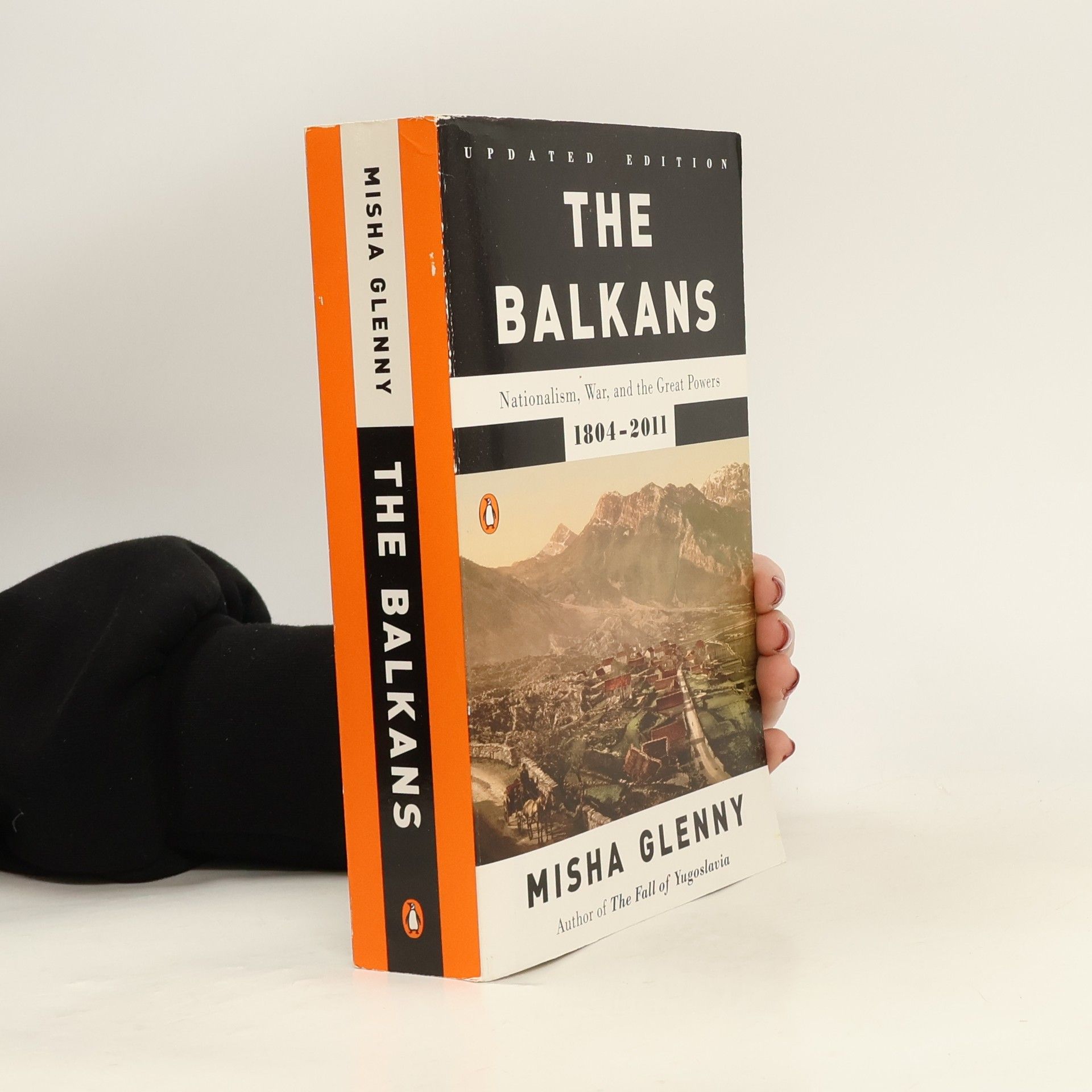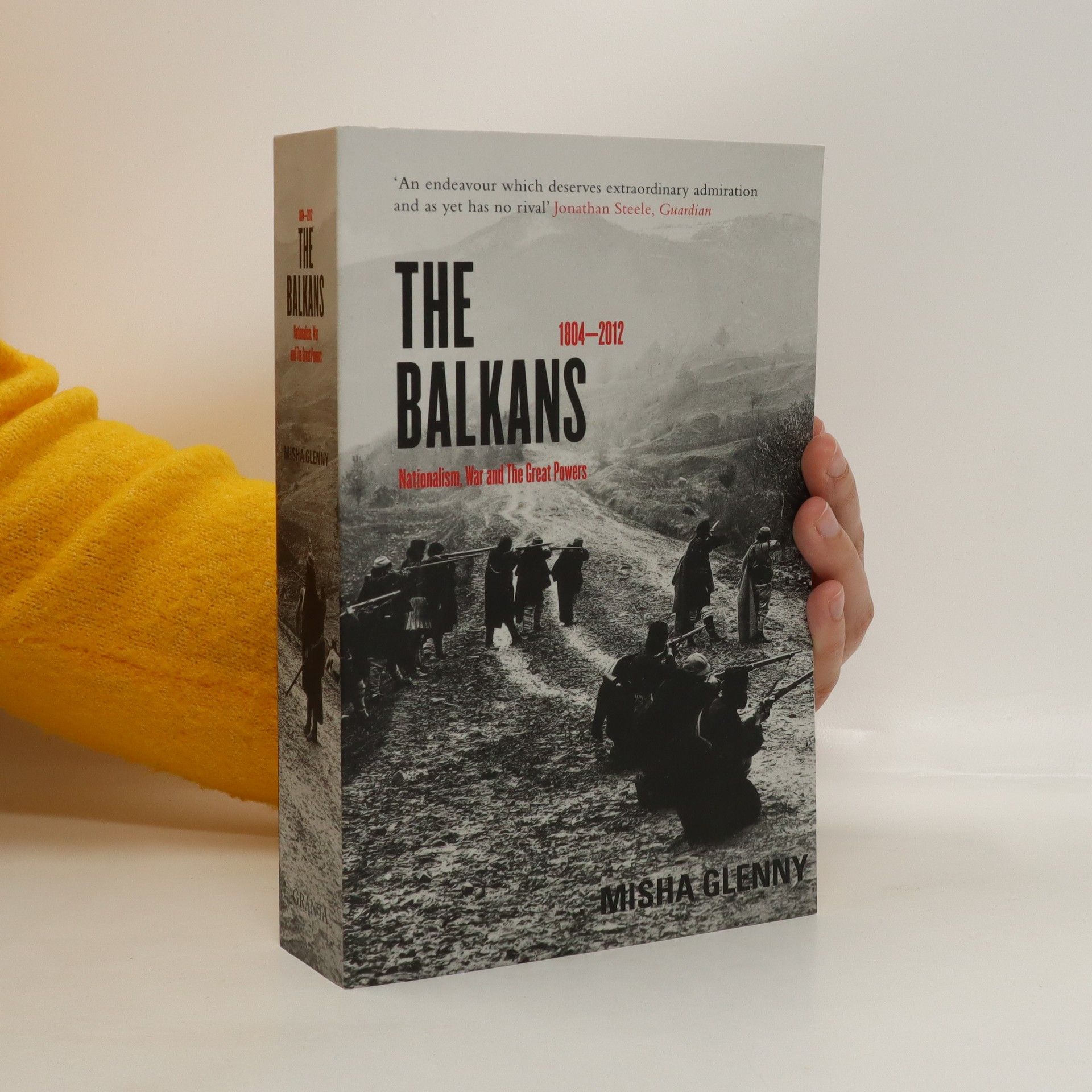Tells the story of an ordinary man who became the king of the largest slum in Rio, the head of a drug cartel and Brazil's most notorious criminal.
Misha Glenny Libri







The Balkans, 1804-2012: Nationalism, War and the Great Powers
- 774pagine
- 28 ore di lettura
The landmark history of the Balkans, fully revised and updated.
The Balkans: Nationalism, War, and the Great Powers, 1804-2011 - Updated Edition
- 774pagine
- 28 ore di lettura
A newly revised and updated edition of an award-winning BBC correspondent's magisterial history of the Balkan region This unique and lively history of Balkan geopolitics since the early nineteenth century gives readers the essential historical background to more than one hundred years of events in this war-torn area. No other book covers the entire region, or offers such profound insights into the roots of Balkan violence, or explains so vividly the origins of modern Serbia, Croatia, Bosnia, Greece, Bulgaria, Romania, and Albania. Now updated to include the fall of Slobodan Milosevic, the capture of all indicted war criminals from the Yugoslav wars, and each state's quest for legitimacy in the European Union, The Balkans explores the often catastrophic relationship between the Balkans and the Great Powers, raising some disturbing questions about Western intervention.
In a passionate survey of Balkan history since the early 19th century, the author provides essential background to recent events in this war-torn region. No other work covers the entire area or offers such profound insights into the roots of Balkan violence, vividly explaining the origins of modern Serbia, Croatia, Bosnia, Greece, Bulgaria, Romania, and Albania. Readers will appreciate the exploration of the final century of Ottoman rule, a complex period that influences today’s conflicts. The narrative addresses key historical moments, such as the 1st Serbian uprising in 1804 and the assassination in Sarajevo that sparked WWI. Each national group's struggle for statehood is presented with clarity and fairness, bringing the culture of various nationalisms to life. The narrative is enriched with sharply observed portraits of kings, guerillas, bandits, generals, and politicians, interweaving key events with international relations. The author illustrates how great-power influence has often been catastrophic for the Balkans, exacerbating "ancient hatreds" and "tribal rivalries" through misguided diplomatic actions. In a terse epilogue, the author questions whether the latest western intervention will yield a more positive outcome.
The Balkans 1804-1999: Nationalism, War and the Great Powers
- 752pagine
- 27 ore di lettura
A survey of two centuries of history, by Britain's commentator on the Balkans, Misha Glenny. It offers general readers a single narrative that explains the background to the terrible events on their television screens and provides insights into the roots of the region's reputation for violence. It also explores the origins of modern Serbia, Croatia, Bosnia, Greece, Bulgaria and Albania.
Riveting . . . ["McMafia"] provides insightful sociological perspectives about why certain nations spawn especially widespread and virulent organized crime networks--"The Seattle Times." photographs.
The Fall of Yugoslavia tells the whole, true story of the Balkan Crisis & the ensuing war for those around the world who have watched the battle unfold with a mixture of horror, dread & confusion. When Croatia & Slovenia declared their independence in 6/91, peaceful neighbors of four decades took up arms against each other once again & a savage war flared in the Balkans. The underlying causes go back to business left unfinished by both the 2nd & 1st World Wars. In this acclaimed book, now revised & updated with a new chapter on the Dayton Accords & the subsequent U.S. involvement, Misha Glenny offers a sobering eyewitness chronicle of the events that rekindled the violent conflict, a lucid & impartial analysis of the politics behind them, & incisive portraits of the main personalities involved. Above all, he shows us the human realities behind the headlines & puts in its true, historical context one of the most ferocious civil wars of our time.
The benefits of living in a digital, globalised society are enormous; so too are the dangers. This book explores the three fundamental threats facing us in the 21st century: cyber crime, cyber warfare and cyber industrial espionage. It is suitable for those who use a computer: the essential crime book.
The fall of Yugoslavia : the third Balkan war
- 336pagine
- 12 ore di lettura
A revised and updated discussion of the five-year conflict
Darkmarket: Cyberthieves, Cybercops and You
- 296pagine
- 11 ore di lettura
This title explores the dangers of living in a digital, globalized society. The author explores the three fundamental threats facing us in the 21st century: cyber crime, cyber warfare and cyber industrial espionage.



